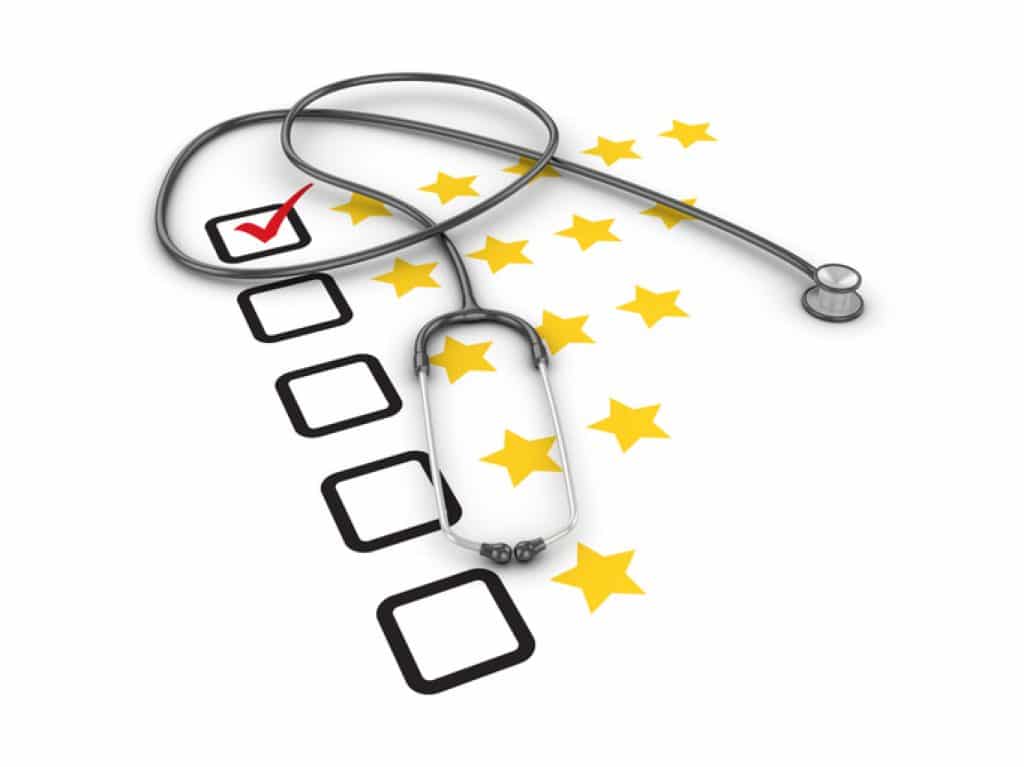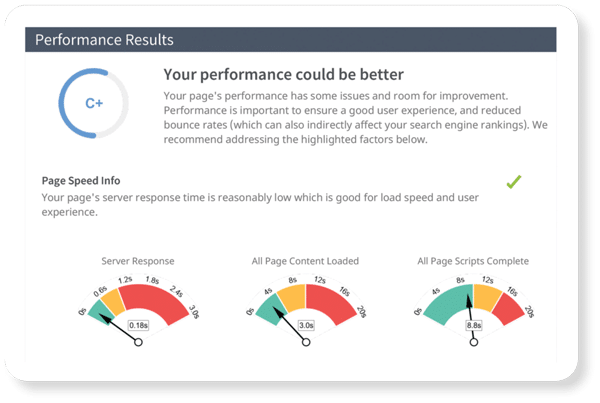In past blogs we’ve talked about reviews and your practice. We’ve talked about how potential patients use reviews to find practices for treatments and procedures they seek to have done. We’ve discussed how you need to respond to all reviews, but particularly the negative ones.
About those reviews, a new study shows that Americans say they increasingly rely on reviews for information guiding their purchase decisions, but that they also don’t fully trust those same reviews. As proof behind that mistrust, respondents said they have wasted, on average, $125 due to believing inaccurate reviews.
So, it seems reviews are important, but yet they’re viewed as unreliable. And because potential patients are on guard about all reviews, as a practice, you have to be careful about who you request a review or rating.
The study
The study was done by reviews platform Trustpilot. It surveyed over 6,300 adult internet users in the U.S., U.K., and France in December 2019.
Here were the top factors compelling consumers to purchase from a company/business, ranked according to the consumers’ top three choices.
In the U.S.
- Reliable product/service
- Positive consumer reviews
- Sustainable/environmental
- Have heard of the company
- Friend recommended
In the United Kingdom
- Reliable product/service
- Positive consumer reviews
- Sustainable/environmental
- Friend recommended
- Have heard of the company
In France
- Reliable product/service
- Sustainable/environmental
- Have heard of the company
- Positive consumer reviews
- Protects data
As you can see, the U.S. and U.K were quite similar in the factors weighed when contemplating a purchase. Positive reviews were the second leading factor on 51% of surveys, just behind the reliability of the product or service. This was the same in the U.K.
French people weren’t as susceptible to the influence of reviews. On their list, it was the fourth leading criteria.
The study found that 48% of American consumers are relying more heavily on reviews today than they were two years ago. The report also noted that 89% of global consumers (90% in the U.S.) checked reviews online before making purchases.
They smell a rat
There is an interesting dichotomy in the findings. While people rely on reviews, at the same time, they don’t trust them. The study found that 49% of consumers “believe that ‘too many companies’ are creating fake reviews online.” Those consumers believe that these bogus reviews have led them astray when making some purchases. The respondents, on average, said they had wasted the above-mentioned $125 by believing false or misleading reviews.
Their main gripe? Five-star reviews. The study participants basically dismiss all 5-star reviews because they feel they are fake or inflated by the company. They said they only trust 5-star reviews if they are tempered by some negative or partly critical reviews.
Specifically, 55% of survey respondents said they “would prefer to buy a product with a large number of reviews and an average rating over a product with a small number of reviews and an excellent rating.” To elaborate, 56% of those surveyed said they would “consider a 5-star rated product or service but do more research before committing.” A sizable minority, 16%, said they believed all 5-star ratings are fake.
Another study from late last year from BrightLocal found that 70% of people consulted multiple review sites as a way to prevent being deceived by fake reviews.
Back to the Trustpilot survey, over two-thirds of respondents said they would rather buy from a company “that seems to have made a small mistake and responded quickly” rather than buy from one that has “never made a mistake.” Sounds like they smell a rat in those perfect track records.
What do you do?
So, what does this mean for your reviews? Reviews aren’t going anywhere, and people rely on them to make purchase decisions, including medical decisions about practices and doctors. It’s just that they don’t believe rosters of reviews with nary a blemish.
Practices (and most other small businesses) are guilty of seeking only 5-star reviews, often soliciting not just a review, but a 5-star review. This is obviously not a good idea. Consumers/potential patients don’t trust perfection, assuming they’re being conned by a fake or bloated review that was generated by the company/practice. If they only see 5-star reviews, they presume the lower reviews were purged.
These findings say that your practice shouldn’t exactly welcome critical reviews. Still, as long as you respond to them quickly, meaningfully, and hopefully resolve the problem, they can actually be a good thing. It makes your practice human in the eyes of potential patients. Also, since potential patients are looking across different review sites to avoid fraud, be sure to request your patients submit reviews to various sites, not just a single choice.
Do you have questions about reviews and how to deal with them? Contact your MyAdvice representative or fill out the contact form and let’s talk.


